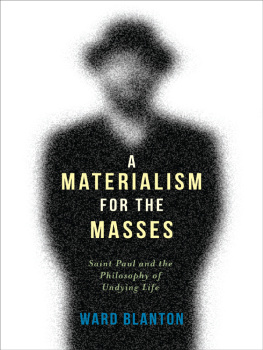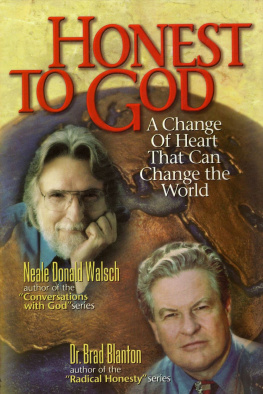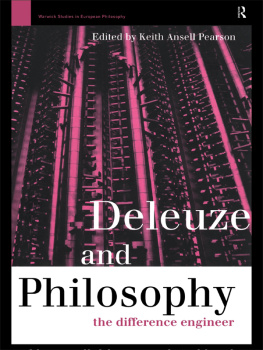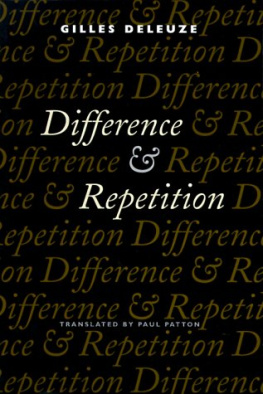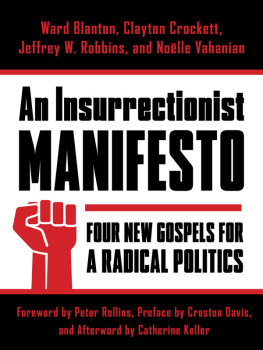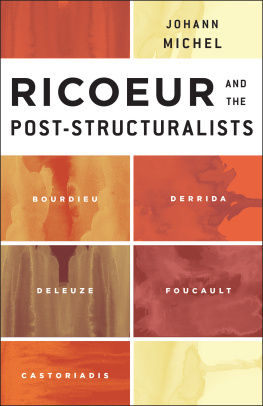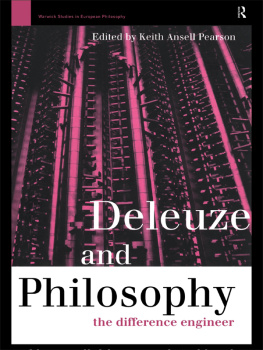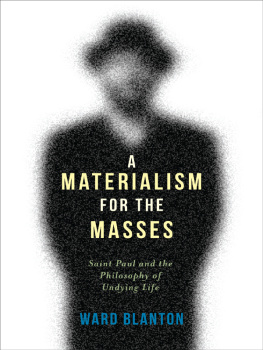A MATERIALISM FOR THE MASSES
INSURRECTIONS: CRITICAL STUDIES IN RELIGION, POLITICS, AND CULTURE
Insurrections: Critical Studies in Religion, Politics, and Culture
Slavoj iek, Clayton Crockett, Creston Davis, Jeffrey W. Robbins, editors
The intersection of religion, politics, and culture is one of the most discussed areas in theory today. It also has the deepest and most wide-ranging impact on the world. Insurrections: Critical Studies in Religion, Politics, and Culture will bring the tools of philosophy and critical theory to the political implications of the religious turn. The series will address a range of religious traditions and political viewpoints in the United States, Europe, and other parts of the world. Without advocating any specific religious or theological stance, the series aims nonetheless to be faithful to the radical emancipatory potential of religion.
After the Death of God, John D. Caputo and Gianni Vattimo, edited by Jeffrey W. Robbins
The Politics of Postsecular Religion: Mourning Secular Futures, Ananda Abeysekara
Nietzsche and Levinas:After the Death of a Certain God, edited by Jill Stauffer and Bettina Bergo
Strange Wonder: The Closure of Metaphysics and the Opening of Awe, Mary-Jane Rubenstein
Religion and the Specter of the West: Sikhism, India, Postcoloniality, and the Politics of Translation, Arvind Mandair
Plasticity at the Dusk of Writing: Dialectic, Destruction, Deconstruction, Catherine Malabou
Anatheism: Returning to God After God, Richard Kearney
Rage and Time: A Psychopolitical Investigation, Peter Sloterdijk
Radical Political Theology: Religion and Politics After Liberalism, Clayton Crockett
Radical Democracy and Political Theology, Jeffrey W. Robbins
Hegel and the Infinite: Religion, Politics, and Dialectic, edited by Slavoj iek, Clayton Crockett, and Creston Davis
What Does a Jew Want? On Binationalism and Other Specters, Udi Aloni
A Radical Philosophy of Saint Paul, Stanislas Breton, edited by Ward Blanton, translated by Joseph N. Ballan
Hermeneutic Communism: From Heidegger to Marx, Gianni Vattimo and Santiago Zabala
Deleuze Beyond Badiou: Ontology, Multiplicity, and Event, Clayton Crockett
Self and Emotional Life: Merging Philosophy, Psychoanalysis, and Neuroscience, Adrian Johnston and Catherine Malabou
The Incident at Antioch: A Tragedy in Three Acts / LIncident dAntioche: Tragdie en trois actes, Alain Badiou, translated by Susan Spitzer
Philosophical Temperaments: From Plato to Foucault, Peter Sloterdijk
To Carl Schmitt: Letters and Reflections, Jacob Taubes, translated by Keith Tribe
Encountering Religion: Responsibility and Criticism After Secularism, Tyler Roberts
Spinoza for Our Time: Politics and Postmodernity, Antonio Negri, translated by William McCuaig
Factory of Strategy: Thirty-three Lessons on Lenin, Antonio Negri, translated by Arianna Bove
Cut of the Real: Subjectivity in Poststructuralism Philosophy, Katerina Kolozova
The Politics of Postsecular Religion: Mourning Secular Futures, Ananda Abeysekara
A MATERIALISM FOR THE MASSES
Saint Paul and the Philosophy of Undying Life
Ward Blanton
COLUMBIA UNIVERSITY PRESS
NEW YORK
Columbia University Press
Publishers Since 1893
New York Chichester, West Sussex
cup.columbia.edu
Copyright 2014 Columbia University Press
All rights reserved
EISBN: 978-0-231-53645-5
Library of Congress Cataloging-in-Publication Data
Blanton, ard.
A materialism for the masses: Saint Paul and the philosophy of undying life / Ward Blanton.
pages cm.(Insurrections: critical studies in religion, politics, and culture)
Includes bibliographical references and index.
ISBN 978-0-231-16690-4 (cloth: alk. paper)ISBN 978-0-231-16691-1 (pbk.: alk. paper)ISBN 978-0-231-53645-5 (e-book)
1. Bible. Epistles of PaulTheology. 2. Christianity and politics. 3. Christianity and culture. 4. Paul, the Apostle, Saint. I. Title.
Bs2651.B54 2014
227.0832dc23
2013022765
A Columbia University Press E-book.
CUP would be pleased to hear about your reading experience with this e-book at .
Jacket design: Noah Arlow
References to websites (URLs) were accurate at the time of writing. Neither the author nor Columbia University Press is responsible for URLs that may have expired or changed since the manuscript was prepared.
For those most sublime and forceful of the Paulinist paradoxes of my life, Sophia and Zoe. When the time is right, little onesand when you are not so littleremember that when we think, love, joke, and incite we reveal the vibrancy of the worlds in which we believe.
But the struggle against Plato, or to express it more plainly and for the masses, the struggle against the Christian-ecclesiastical pressure of millenniafor Christianity is Platonism for the masseshas created in Europe a magnificent tension of spirit such as has never existed on earth before: with so tense a bow one can now shoot for the most distant targets.
Friedrich Nietzsche, Beyond Good and Evil
The fact that this materialism of the encounter has been repressed by the philosophical tradition does not mean that it has been neglected by it: it was too dangerous for that. Thus it was very early on interpreted, repressed and perverted into an idealism of freedom. If Epicurus atoms, raining down parallel to each other in the void, encounter one another, it is in order to bring out, in the guise of the swerve caused by the clinamen, the existence of human freedom even in the world of necessity. Obviously, producing this misreading, which is not innocent, suffices to preclude any other reading of the repressed tradition that I am calling the materialism of the encounter: whenever one sets out from this misreading, idealist interpretations carry the day, whether what is in question is just the clinamen or all of Lucretius, as well as Machiavelli, Spinoza and Hobbes, the Rousseau of the second Discourse, Marx and even Heidegger (to the extent that Heidegger touched on this theme). What triumphs in these interpretations is a certain conception of philosophy and the history that we can, with Heidegger, call Western, because it has presided over our destiny since the Greeks; and also logocentric, because it identifies philosophy with a function of Logos charged with thinking the priority of Meaning over all reality. To free the materialism of the encounter from this repression; to discover, if possible, its implications for both philosophy and materialism; and to ascertain its hidden effects wherever they are silently at worksuch is the task that I have set myself here.
Louis Althusser, An Underground Current of Materialism
CONTENTS
Industrial factories used the body, forcing it to leave the soul outside the assembly line, so that the worker looked like a soulless body. The immaterial factory asks instead to place our very souls at its disposal: intelligence, sensibility, creativity and language.
Franco Berardi, The Soul at Work
Resurrected as a spiritual body (sma pneumatikon)

